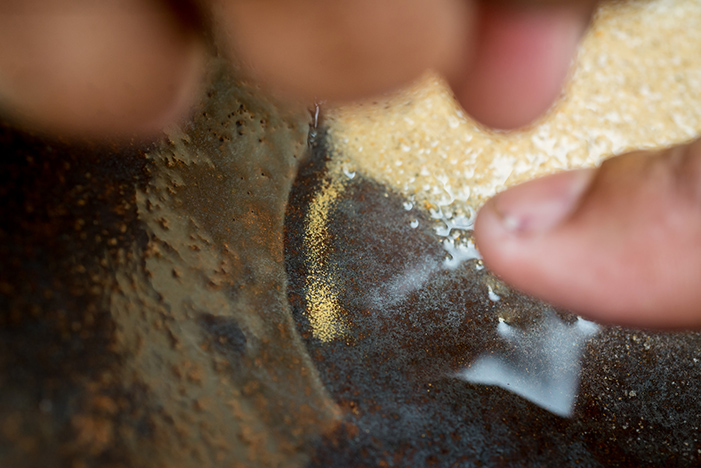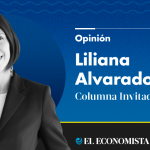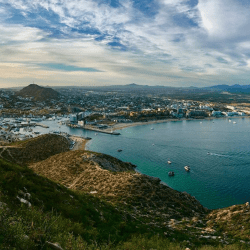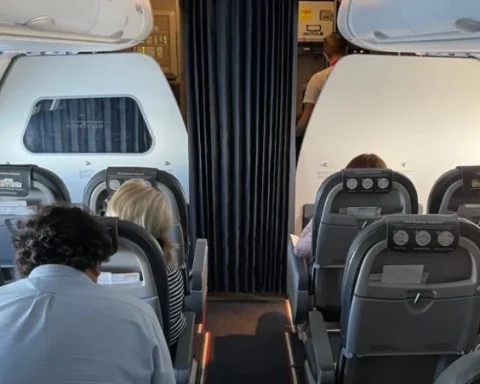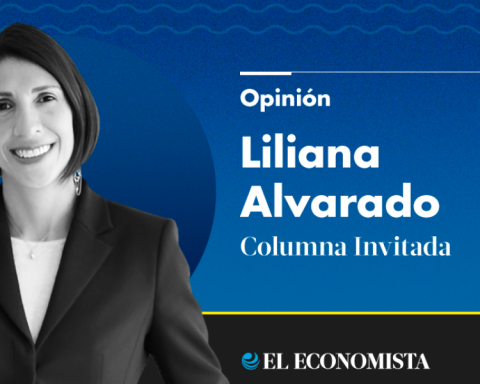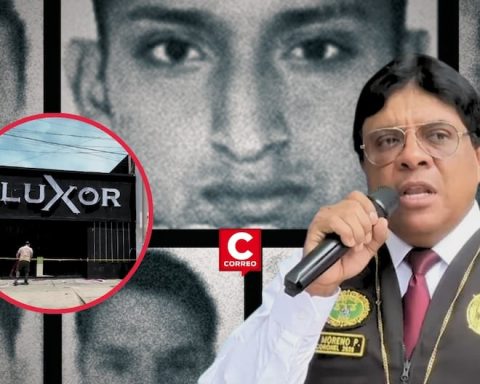The Fundación del Río denounced the advance of industrial and artisanal mining, the notable increase in the areas granted in concession, by Daniel Ortega, and reiterated his demand to the Ministry of Energy and Mines (MEM); the Natural Resources and Environment (Marena), and the mining companies, to stop “the processes of exploitation and exploration in indigenous territories and protected areas” of Nicaragua.
Data from the Central Bank of Nicaragua indicate that as of June 2022, there were 5,935 active insured members in the Nicaraguan Social Security Institute, from the mining sector.
An investigation carried out by the now outlawed Fundación del Río, found that “in Nicaragua there are 229 metal mining concessions for the year 2021, covering 2.8 million hectares, and representing 23% of the country’s land area.” Of that total, “the Ortega-Murillo regime has been the one that has granted the most concessions in Nicaraguan territory for metallic mining, with 114 concessions since 2007.”
In addition to advocating for the protection of indigenous territories and protected areas in the country, the Foundation, chaired by Amaru Ruiz, demands that artisanal and small-scale mining (ASM) be stopped, which “operates illegally in 38 municipalities of the country and its mercury consumption is estimated at 36 tons per year, generating a high impact on the environment and people.
“It is estimated that some 40,000 people are engaged in artisanal and small-scale mining in the country,” Ruiz specified. In addition to representing greater damage to the environment, this type of extractive activity entails greater risks for those who practice it, because it is done with very poor safety standards.
Caliber Mining assures that “it does not exploit or buy material from reserves”
In a consultation made to various companies and officials in the mining sector, Caliber Mining responded to questions from CONFIDENTIAL with a statement in which they assure that the company “does not exploit, does not buy or process mineral extracted from the Indio Maíz Biological Reserve, Bosawás Biosphere Reserve or any other natural reserve area in the country. The laws prohibit mining activity in protected areas and Caliber complies with the laws.”
Ruiz is not unaware that, as attractive as the environmental discourse may be, his arguments must be contrasted with the economic reality of an activity that only last year generated revenues of more than 880.5 million dollarsY hopes to break the barrier of 1 billion in 2023.
The cost of making the mining companies abandon the concessions issued by the State that authorize them to explore and exploit in indigenous territories and protected areas, “would be less than the environmental liabilities left by the companies,” Ruiz explained.
In this regard, Caliber said that all its sites have specific environmental management policies and practices, citing as an example of its mitigation and compensation actions, the planting of more than a million trees, contributing to the protection of the environment, and the conservation of the water sources.
Ruiz explains that what they propose “are gradual processes that establish deadlines to stop current operations and not allow operations that are requested. Although the ideal position of environmentalists is the mining moratorium, we know that this is still difficult, so at least it is requested that they not continue in protected areas and indigenous territories. In a recent meeting with indigenous and Afro-descendant communities from some territories, they did not know that these mining concessions existed.”
When considering the costs for companies, he recalled that they are insured or pay insurance against the risks of a country canceling their operations. “They know that these investments carry a lot of risk,” he specified.
The environmentalist leader was concerned because “the State will have to face the decisions that this dictatorship has made, because there will be consequences when there is a change, but that cost should not be justification for those decisions to be reversed.”
“If Nicaragua had environmental and social standards like those of Canada, for example, the companies would not invest in our country, but they do so because they know that it is quite profitable to carry out their activities” in the national territory, adding that “where there are mines, there are only ruins”.
According to Caliber Mining, “independent studies confirm that mining municipalities have more income per capita than their non-mining counterparts”, which contributes to reducing poverty, and would confirm that “sustainable mining… generates development and well-being for communities. It is also important to mention that of every dollar generated by the mining industry, 66 cents stay in Nicaragua, in addition to new investments”, he detailed.
In relation to the cost-benefit balance that they represent for the communities where they operate, as well as for the country in general, the company said that, in 2021, they distributed US$ 285.9 million in the mining communities and in Nicaragua, for salaries and benefits to workers, capital expenditures, payment of taxes and royalties, exploration costs, and investments in the community.
“Our mining operations are powerful economic catalysts in our local communities, and key contributors to the development of Nicaragua. Caliber has 3,500 workers and of them, 95% are Nicaraguans,” he assured.
The dangerous artisanal mining
Using data published by the MEM, Ruiz assured that there are 1,692 rustic mining benefits, which consume 36 tons of mercury per year, to produce nine tons of gold, of which 5.76 tons are processed rustically, and only 3.55 tons reach industrial plants. .
Given that “there are only two mining exploitation concessions granted to the ASMs, and a third concession is in application”, it is confirmed that “the majority of the ASMs do not have operating permits and operate this extractive activity illegally”, he insisted. .
In its statement, Caliber assured that they do not encourage artisanal or small-scale mining activity. “We comply with what is established in the laws, and what it guides regarding the relationship with artisanal and small-scale mining. As part of our sustainability approach, we urge the artisanal mining sector to comply with the best environmental and safety practices.”
Ruiz insists that artisanal and small-scale mining does not have operating permits, and there are no security measures or conditions to carry out its activity, so the extraction areas are unstable and unsafe, which generates deaths; no closures or reforestation established; In addition, child labor and health problems associated with mercury management are reported, and there is no solid waste management.
“Some ASMs are located in protected areas and in indigenous territories, they use surface waters without use permits; they generate deforestation and degradation of ecosystems; they discharge their liquid waste into the environment without prior treatment, and contaminate the soil, water and air with mercury”, he warned.
Finally, he said that, despite the fact that the MEM and Marena authorities have all this information, they do not suspend this illegal activity.
According to the information compiled by the Fundación del Río, “a single company, Caliber Mining Nicaragua SA, would have 15% of the country’s territorial surface as a concession area for metallic mining”, therefore, after consulting the CONFIDENTIALthe company recalled that “of every 10,000 projects only one becomes a mine”.
